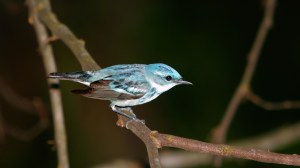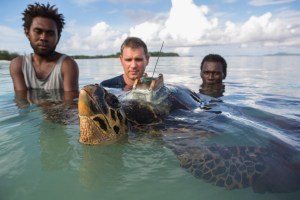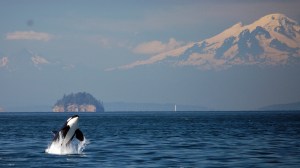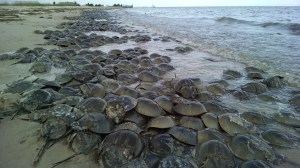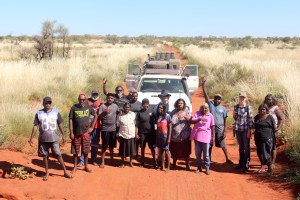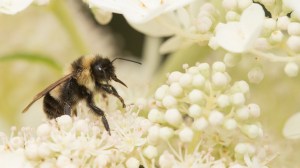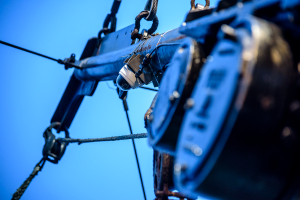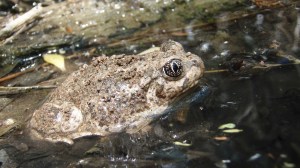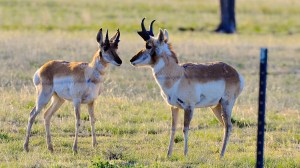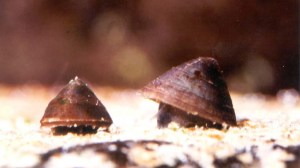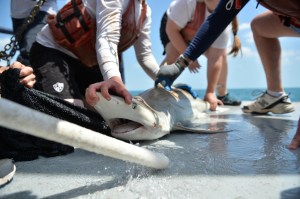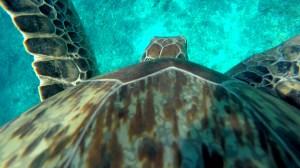Discover stories in Wildlife
Recovery: Farm Bill Provides Hope for the Cerulean Warbler
The cerulean warbler is in desperate trouble, but work with private landowners to restore forests is showing encouraging results.
New Protections & Tagged Turtles Provide Hope for the Arnavon Islands
A second round of satellite-tagged turtles provides more migration data, while the Arnavons rookery receives new protections to help prosecute poachers.
Need a Moment of Conservation Zen? We’ve Got Orca Sounds.
Best Job Ever? Phil Green shares the sounds from a summer morning on Yellow Island: orcas, white-crowned sparrows, orange-crowned warblers and more. Close your eyes and enjoy a moment of Conservation Zen.
The Underwater Secrets of Horseshoe Crabs
It’s well known that shorebirds rely on horseshoe crab eggs. But these eggs may be just as important to underwater creatures.
Traditional Knowledge Helps Monitor Threatened Bilbies on Martu Country
Scientists and indigenous rangers are designing a new method for monitoring threatened bilby populations in Australia's Martu country.
Recovery: Bringing Back Bumble Bees
Everyone knows bees are in trouble. But, too often, we’re focused on the wrong bees.
The (Fishery-Monitoring) Cameras Never Blink
We live in a time of unprecedented innovations to solve the Gordian Knot of sustainable fisheries: the lack of data.
You Won’t Believe How This Desert Toad Survives Drought
A Great Basin spadefoot toad might hunker down for a decade waiting for Mother Nature to produce a puddle.
How Can the Pronghorn Cross the Fence?
Pronghorns may be the second fastest land mammal on earth, but a simple fence can stop them in their tracks.
Secret Snails of the Magic Valley
In the isolated, crystal-clear waters of Idaho’s Thousand Springs region live species found nowhere else on earth.
Satellite-Tagged Sharks Provide New Data on Gulf Migrations
Follow Nature Conservancy scientists as they tag sharks in the Gulf of Mexico to better understand their migration.
Video: A Sea Turtle’s View of the Reef
Go along for the ride with a green sea turtle as it explores a reef — and meets another turtle — in the Solomon Islands.
